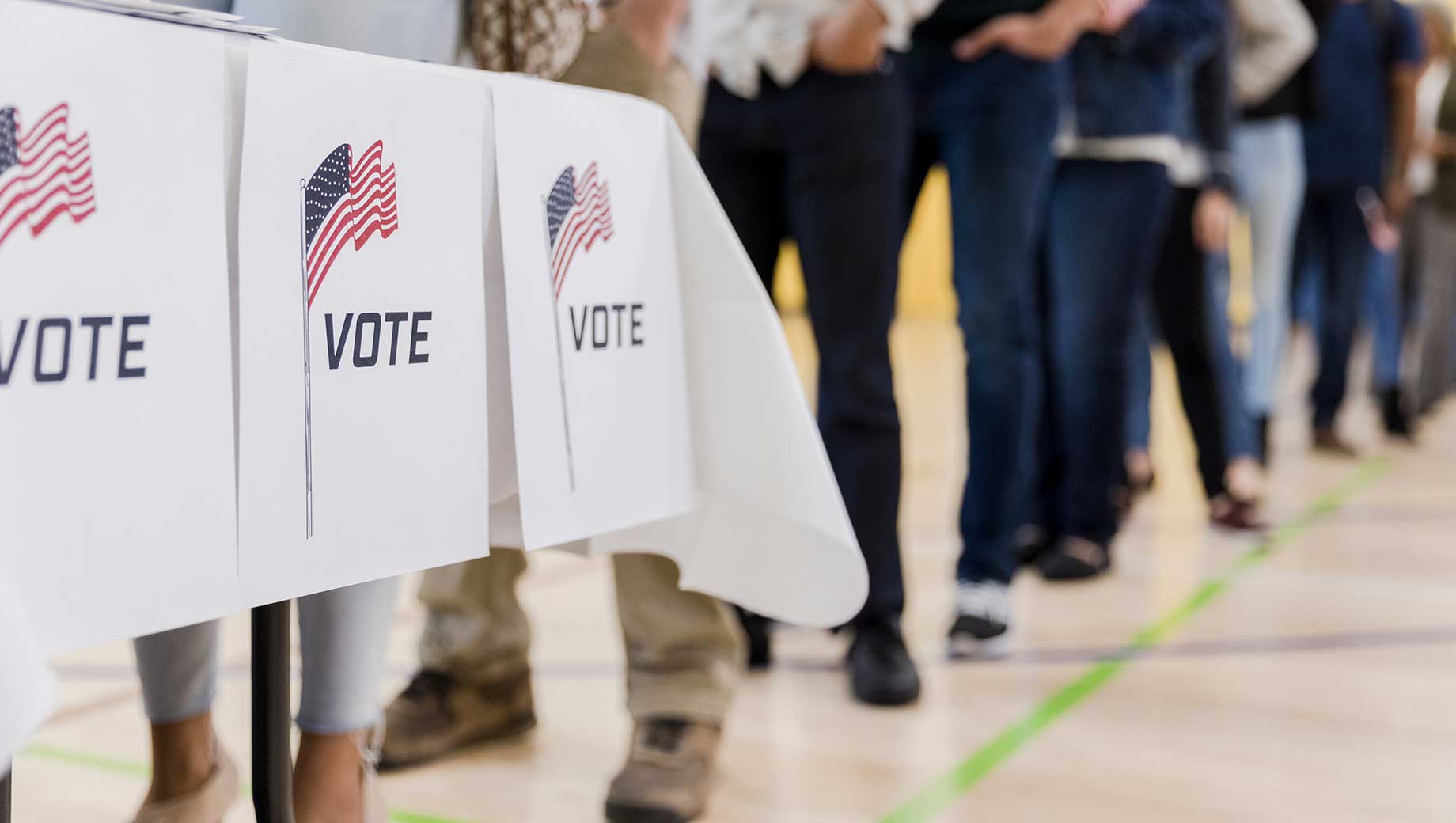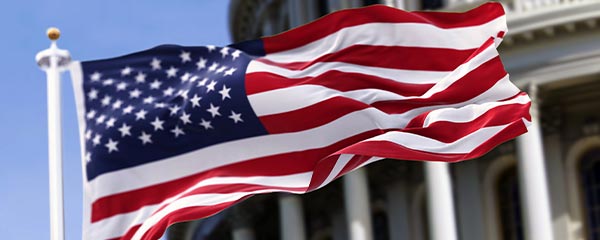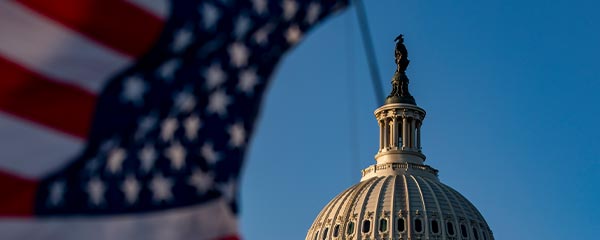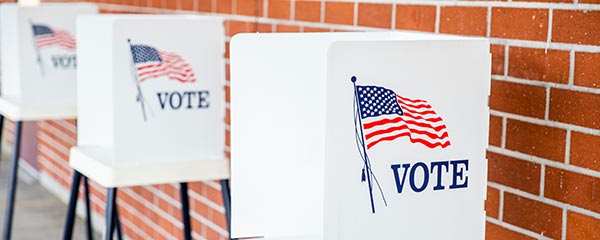Story Highlights
- Majorities across parties support early voting, photo ID laws
- There is a 61-point partisan gap on sending all voters absentee ballots
- People of color more in favor of expansive voting laws than White adults
WASHINGTON, D.C. -- With the midterm elections less than a month away, large majorities of Americans favor three measures meant to make voting easier: early voting (78% in favor), automatic voter registration (65%) and sending absentee ballots to all eligible voters (60%).
Majorities of Americans also oppose two measures that could make voting harder: removing inactive voters from voter lists (60%) and limiting the number of drop boxes for absentee ballots (59%). One restrictive policy that most Americans (79%) are on board with, however, is requiring photo identification to vote.
While various combinations of these policies have been adopted by states over the past decade, in 2020, the pandemic introduced a health-based impetus to facilitate more absentee ballot voting that some states are now building on and others are rolling back.
Clear Partisan Differences on Election-Law Policies
Of the six policies tested this year, sending absentee ballot applications to all eligible voters is the most politically polarized. Democrats favor this policy over Republicans by a 61-percentage-point margin, 88% versus 27%. There is a much smaller partisan gap with respect to automatic voter registration, favored by 81% of Democrats and nearly half of Republicans (47%).
Sizable party differences are also seen for limiting the number of drop boxes for absentee ballots and removing lapsed voters from voter registration lists. About six in 10 Republicans favor each of these positions, compared with fewer than two in 10 Democrats.
Majorities of Republicans and Democrats favor early voting as well as requiring a photo ID to vote, although large party gaps exist on these as well. Having an early-vote option for all voters is backed by virtually all Democrats (95%) as well as 60% of Republicans, while requiring all voters to show photo ID is supported by 97% of Republicans and 53% of Democrats.
Independents' views fall about halfway between Democrats and Republicans on most of the policies tested. However, independents' 84% support for photo identification is significantly closer to Republicans' level of support than to Democrats', while their 63% support for universal mailing of absentee ballot applications is closer to Democrats' than Republicans'.
Partisan Divides Widen Since 2016
Public support for photo ID requirements, early voting and automatic voter registration remain unchanged from 2016, when 优蜜传媒last measured U.S. views on these. Eighty percent of U.S. adults in 2016 favored requiring photo identification as well as early voting laws, and 63% supported automatic voter registration.
This stability, however, masks a growing partisan divide on two of the policies: early voting and photo ID.
- Republicans' support for early voting has declined (falling 14 points, from 74% in 2016 to 60% today), while Democrats' support has risen 10 points to 95%, widening the partisan gap from 11 to 35 points.
- Meanwhile, Republicans' support for requiring photo identification has remained high, now 97%, while Democrats' has declined 10 points, to 53%. This expands the partisan gap from 32 to 44 points.
People of Color Supportive of Expansive Voting Laws
Black Americans' views on election-law policies are of special interest because of the history of voter suppression in the U.S. and concerns about the effects certain laws have on minority groups' access today.
The current poll cannot report the views of Black Americans, specifically, due to the lower sample size for this group in the July 2022 survey. However, the results among all people of color can be reviewed for comparison with White adults.
The 优蜜传媒poll shows that people of color (a group that includes adults who identify as Black, Hispanic, Asian, Alaska Native, American Indian, Native Hawaiian or Pacific Islander) are more supportive than White Americans of laws that can increase access to the ballot box.
- Eighty-four percent of people of color favor early voting, 75% support absentee ballot applications and 74% back automatic voter registration. The comparative figures for White adults are 76% for early voting, 53% for absentee ballot applications and 60% for automatic voter registration.
- 32% percent of people of color versus 43% of White adults favor removing people from voter registration lists.
By contrast, support for requiring a photo ID as a condition of voting is similar by race and ethnicity, favored by 77% of people of color and 80% of White adults.
The racial and ethnic differences in Americans' election-law views largely reflect the partisanship of each group, with people of color predominantly Democratic, and White adults leaning Republican, in their party identification.
Bottom Line
Voting laws have been a hot topic over the past decade as court challenges to federal law have given states more leeway to craft election policy. Other than their support for requiring a photo ID to vote, the public generally favors changes that smooth people's path to the ballot box.
With numerous election laws passed at the state level in just the past two years, Americans will gain a fresh perspective on ballot access over the next month as they seek to vote in the November midterm elections. Some will find the process easier than before, with pandemic-era policies being continued or expanded, while others, where 2020 policies have been curbed or new restrictions have been added, will find it harder.
To stay up to date with the latest 优蜜传媒News insights and updates, .
Learn more about how the works.




